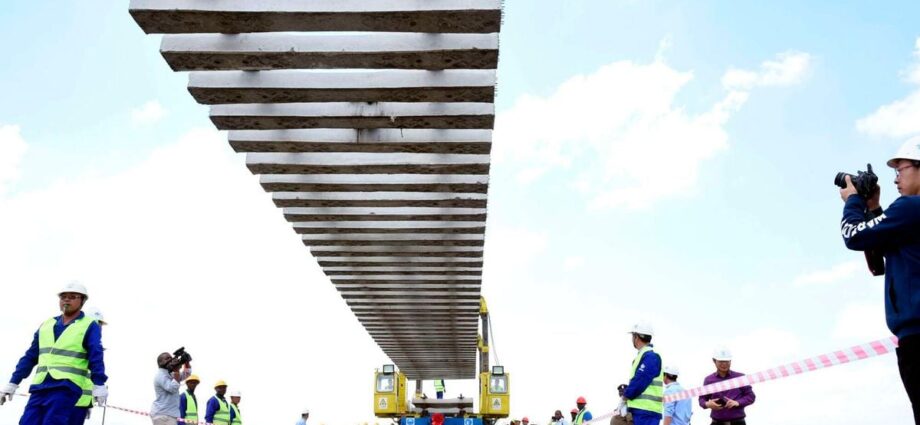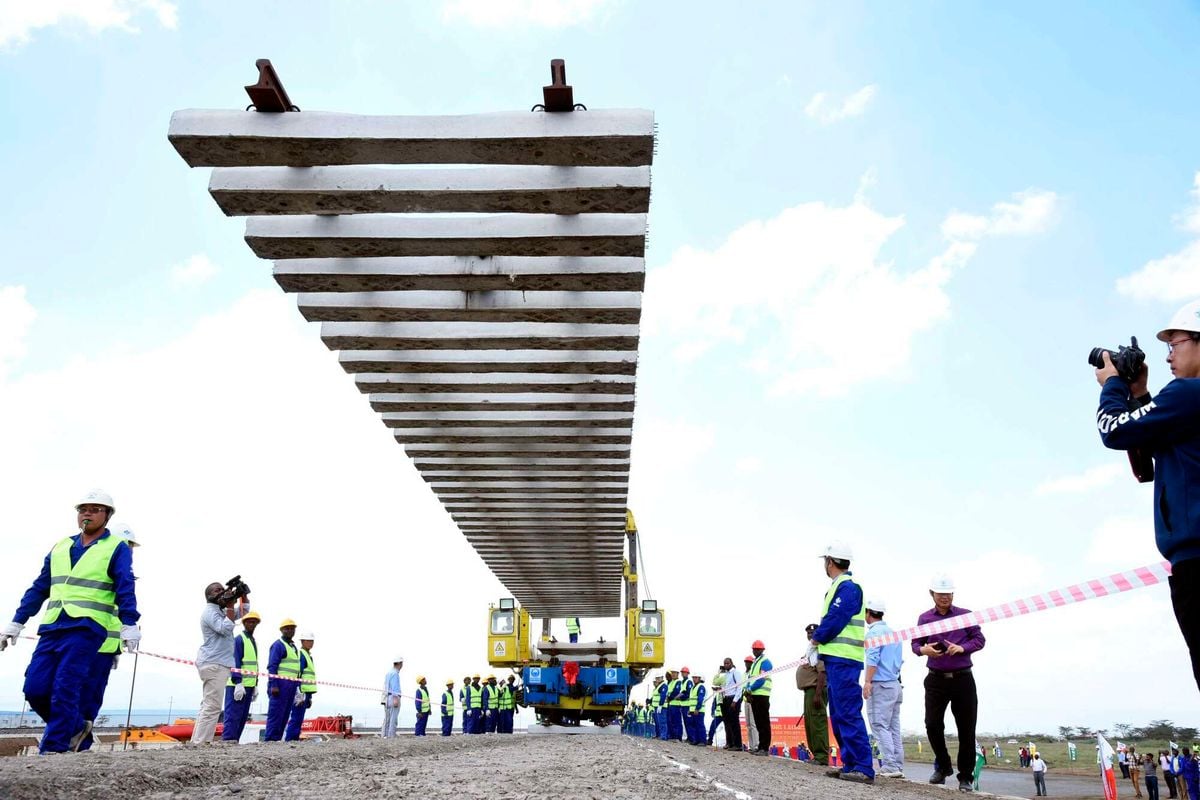Construction of the long-awaited multi-billion Standard Gauge Railway (SGR) from the Kenya-Uganda border at Malaba to Kampala is set to begin before the end of the year.
Mr Perez Wamburu, the project coordinator, said the Malaba-Kampala (eastern route) will now be constructed by M/s Yapi Merkezi, a Turkish contractor.
“We are at the tail end of the procurement of Yapi Merkezi. We have discussed the costs and we are at the bottom line of agreeing that we shall have the contract after it has been approved by the Attorney-General. We hope to start before the end of this year,” Mr Wamburu told the media during a briefing at Uganda Media Centre in Kampala. “We have done due diligence on this company and we have seen what they have done in Tanzania.”
The development comes nine years after the project was launched in the East African Community partner states of Uganda, Kenya, South Sudan, Rwanda and Tanzania. The project aims to reduce the high transport costs associated with delays in the transit of goods.
Mr Wamburu said they would soon submit the project to the Ministry of Finance for consideration.
Speaking at the same event, the Minister of State for ICT and National Guidance, Mr Godfrey Kabyanga, revealed how the first Chinese contractor failed, citing unfavourable conditions.
Uganda initially approached China Exim Bank to finance the construction of the Malaba-Kampala SGR line.
“Their conditions were not favourable to us but we’ve gone with the Turkish firm. They are more favourable and we are going to work with them,” Mr Kabyanga said. “The development of the SGR is on and work will commence as soon as the financing arrangements are sorted so Ugandans should not be sceptical,” he added.
Kenya and Uganda set out to develop an SGR system from Mombasa to Kampala via Nairobi and Kisumu.
Mr Kabyanga said Cabinet met on Monday and received a report from the Ministry of Works on the progress of the SGR project in Uganda.
The other objectives of the approximately 1,500 kilometre railway project are to provide a modern and high-capacity railway network that will reduce transit times, facilitate the movement of goods and people and promote economic growth by providing seamless connectivity within Uganda and neighbouring countries.
In 2013, the leaders of Uganda, Kenya, Tanzania, South Sudan and Rwanda broke ground on the construction of the SGR to connect the member states and boost trade in the region, which is home to more than 300 million people.
So far, only Kenya and Tanzania have made significant progress with the construction lines in their respective countries.
The Malaba-Kampala section to be built is 332 kilometres long.















